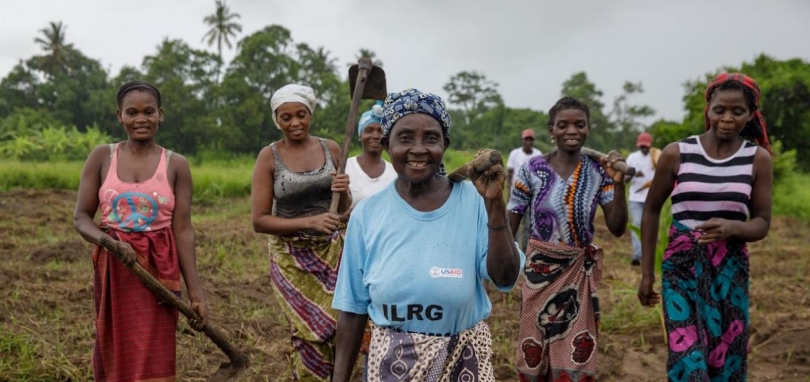An estimated 70 percent of land in developing countries is not documented, and hundreds of millions of households in rural and urban areas lack secure rights to the land and resource they live and rely on. This limits access to capital and the ability to make long-term investments. As a result, these individuals are particularly vulnerable in the event of conflict or natural disaster. Countries where property rights are perceived as insecure are less attractive for investors and more reliant on donor funding. USAID recognizes that strengthening rights to land and natural resources is central to achieving a broad range of development goals on the journey to self-reliance including: conflict prevention and mitigation; countering violent extremism; realizing inclusive economic growth, managing biodiversity and natural resources sustainably; enhancing agricultural productivity; generating own source revenue; and empowering women and vulnerable populations.
The USAID Integrated Land and Resource Governance (ILRG) task order under the Strengthening Tenure and Resource Rights II (STARR II) IDIQ – managed by the E3/Land and Urban Office – seeks to address this constraint through four interrelated areas of intervention:
- Supporting the development of inclusive land and property rights laws and policies;
- Assisting law and policy implementation, including clarifying, documenting, registering, and administering rights to land and resources;
- Increasing the capacity of local institutions to administer land and strengthen governance; and
- Facilitating responsible land-based investment that creates optimized outcomes for communities and investors.


